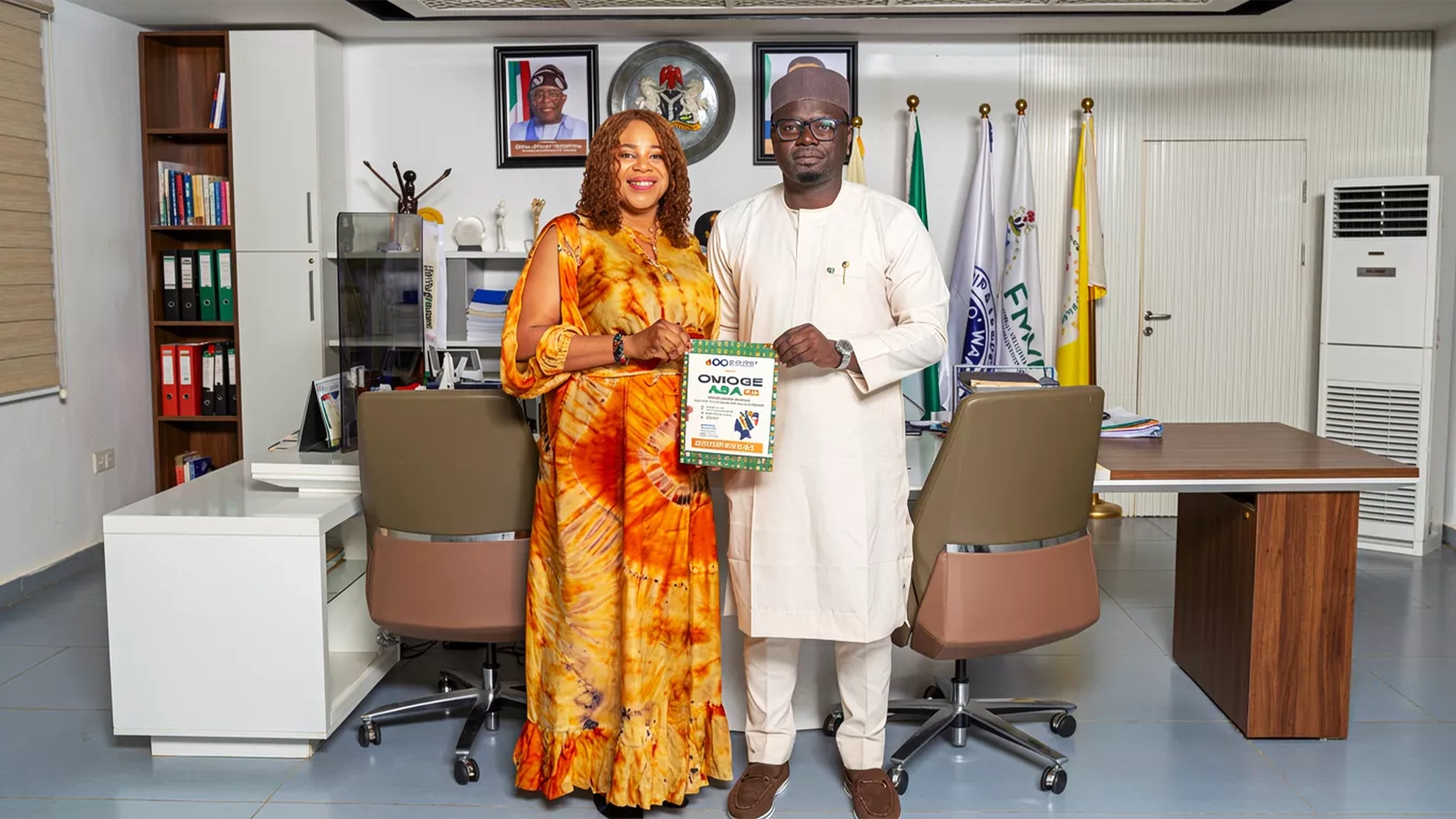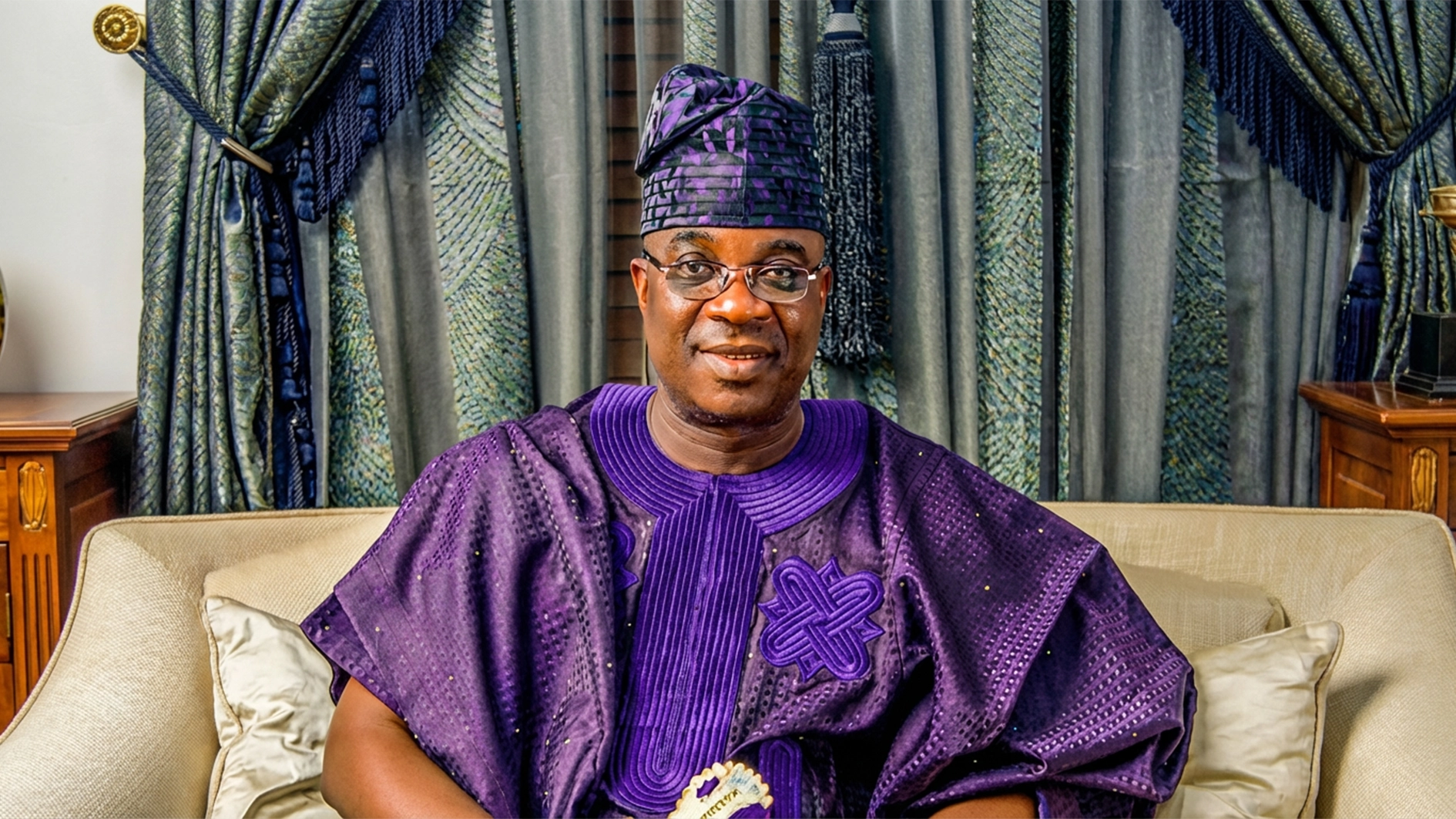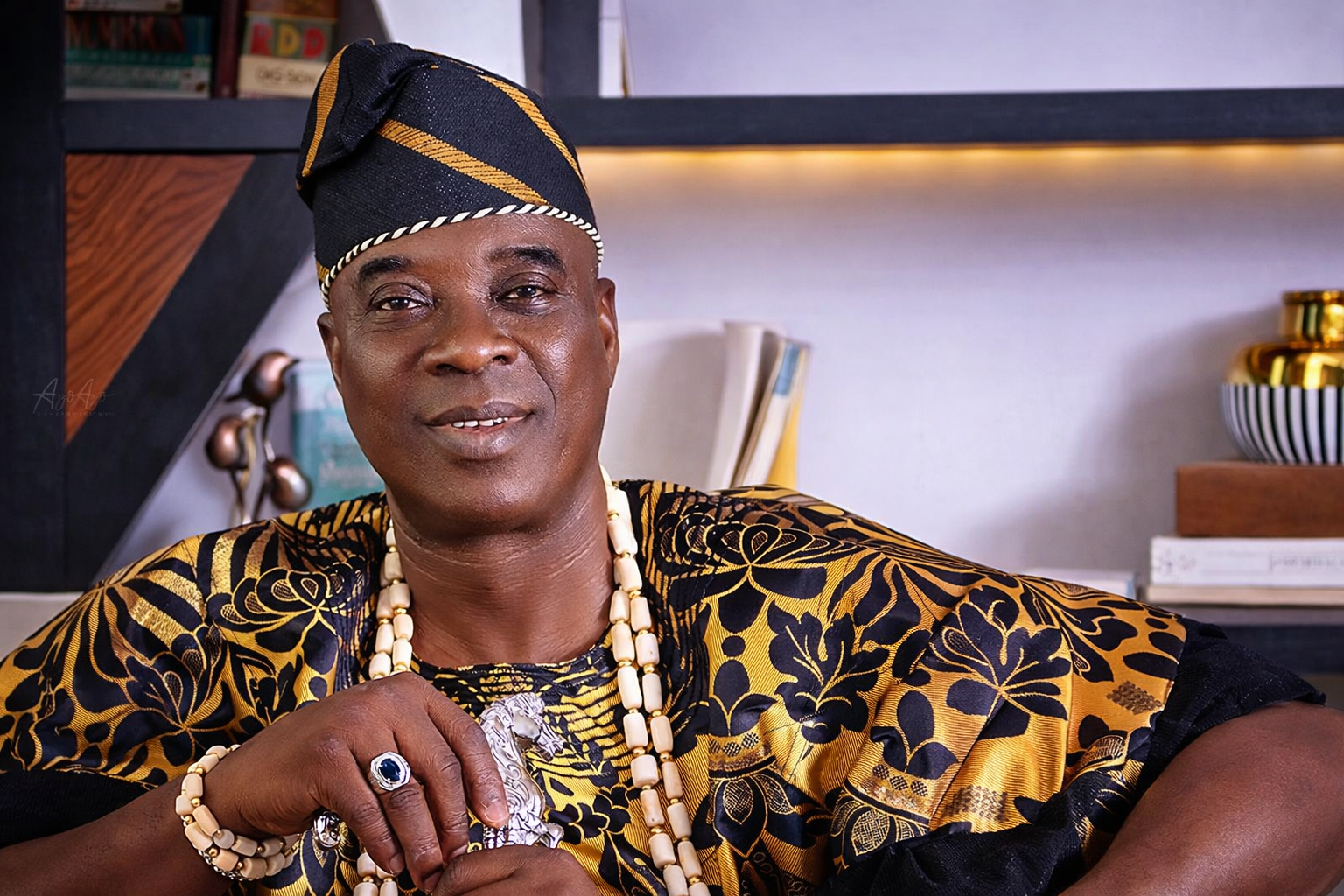
Germany’s conservatives led by election winner Friedrich Merz held first talks Friday with the Social Democrats on forming a coalition government as the country faces multiple challenges at home and abroad.
“The exploratory talks began in an open and constructive atmosphere,” Merz’s CDU/CSU alliance and the centre-left Social Democrats (SPD) said in a joint statement, adding that discussions would resume next week.
Finance Minister Joerg Kukies gave the participants an overview of the government finances, the parties said, adding that budget “challenges… will now be the subject of the upcoming talks.”
Merz’s alliance won the February 23 elections with 28.6 percent of the vote, while Chancellor Olaf Scholz’s SPD scored a historic low of 16.4 percent.
Merz, 69, has said he wants a ruling coalition in place within two months of the vote.
However, the parties will have to resolve key differences, including the budget but also on immigration and social security.
The exploratory talks are intended to sound out the possibilities for cooperation and, if fruitful, would lead to full coalition talks.
As the talks began, Manuela Schwesig of the SPD said both sides would “have to make concessions”.
“Everyone has to pull together and make an effort,” added Schwesig, the state premier of Mecklenburg-Western Pomerania.
Germany was plunged into political crisis in November when Scholz’s coalition with the Greens and the liberal FDP collapsed after months of infighting.
“We have to learn from this failed government,” Schwesig said. “Constant conflict harms not only those involved, but also democracy.”
Coalition talks often drag on for weeks if not months in Germany, spelling long stretches of political paralysis before a new chancellor takes charge.
But Merz is in a hurry to reach a deal as Europe’s biggest economy faces economic malaise and upheaval in relations with the United States under President Donald Trump.
“The world isn’t waiting for us,” Merz said after Sunday’s election win.
Merz has ruled out working with the far-right Alternative for Germany (AfD), which came second in the election with a record score of over 20 percent.
That leaves the SPD as his only politically feasible option to form a government.
It would be the fourth time since 2000 and the fifth time in Germany’s post-war history that the parties have governed together in a so-called grand coalition, always under the leadership of the CDU/CSU.






